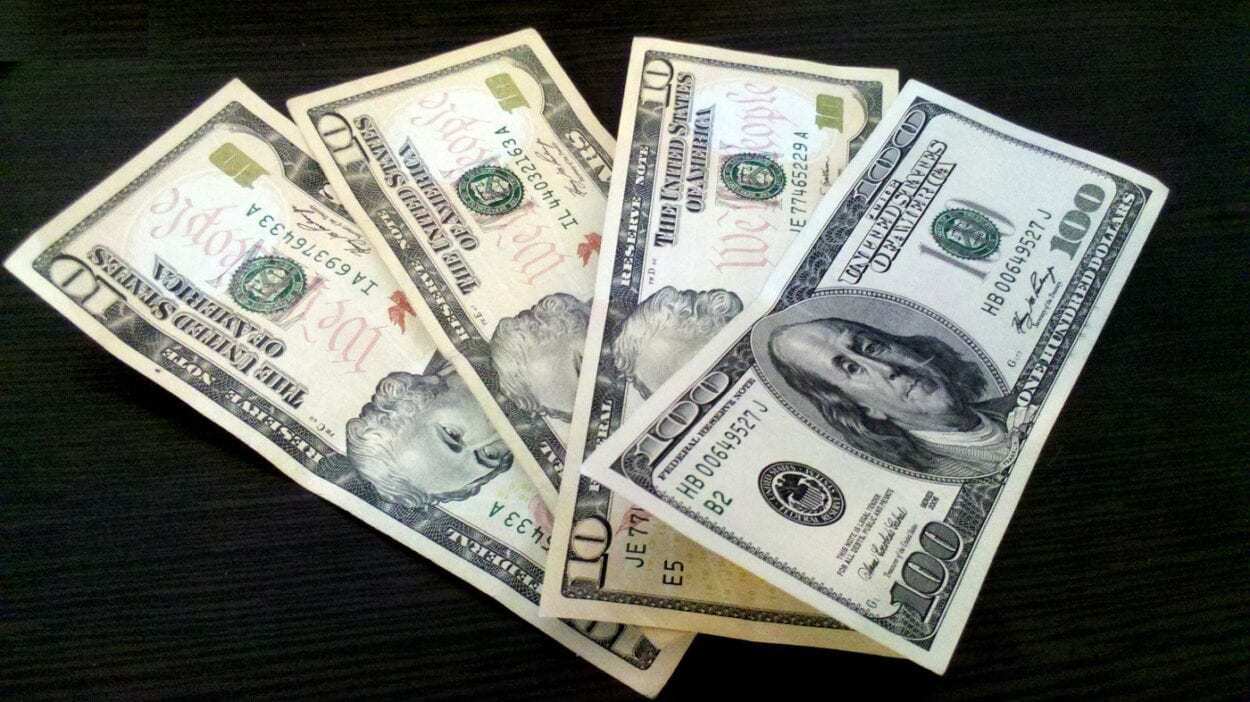With the latest jobs numbers out today looking a little better, well, if you want to call under one million new unemployment filings ‘good news’, I asked Desmond Lachman, former managing director and chief emerging market economic strategist at Salomon Smith Barney now at AEI, some quick questions on the direction of the economy in the age of Coronavirus and the dangers of higher and higher U.S. debt levels.
With the jobs report today looking a little better at least compared to the last several months, do you see the employment picture in the U.S. getting better over the long term?
Over the long-term, one must certainly expect a steady recovery in employment as the economy recovers from its unusually deep pandemic-induced slump that has seen unemployment rise to record levels in the post-war period. However, in the near term, the economic recovery could be delayed by a second wave in the pandemic and by failure to provide the economy with adequate fiscal stimulus. If that were to occur, we could see unemployment stuck at a stubbornly high level for a long while. Once we get an effective Coronavirus vaccine, I would expect to see a strong recovery in both output and employment.
U.S. debt is growing dramatically thanks to COVID-19. How much debt can the U.S. reasonably absorb before we see slower economic growth and questions globally concerning U.S. economic vitality and debt sustainability?
The U.S. public debt is now on a clearly unsustainable path that is mortgaging our children’s economic future and that is endangering the dollar’s role as an international reserve asset. However, in the immediate future, I do not see the high level of public debt and the large budget deficits as a constraint on economic growth since the government is able to finance itself at record low-interest rates. My expectation is that the trouble will start for the U.S. economy when the Federal Reserve has to start normalizing monetary policy when inflationary pressures eventually emerge. However, I think that is somewhat down the road.

